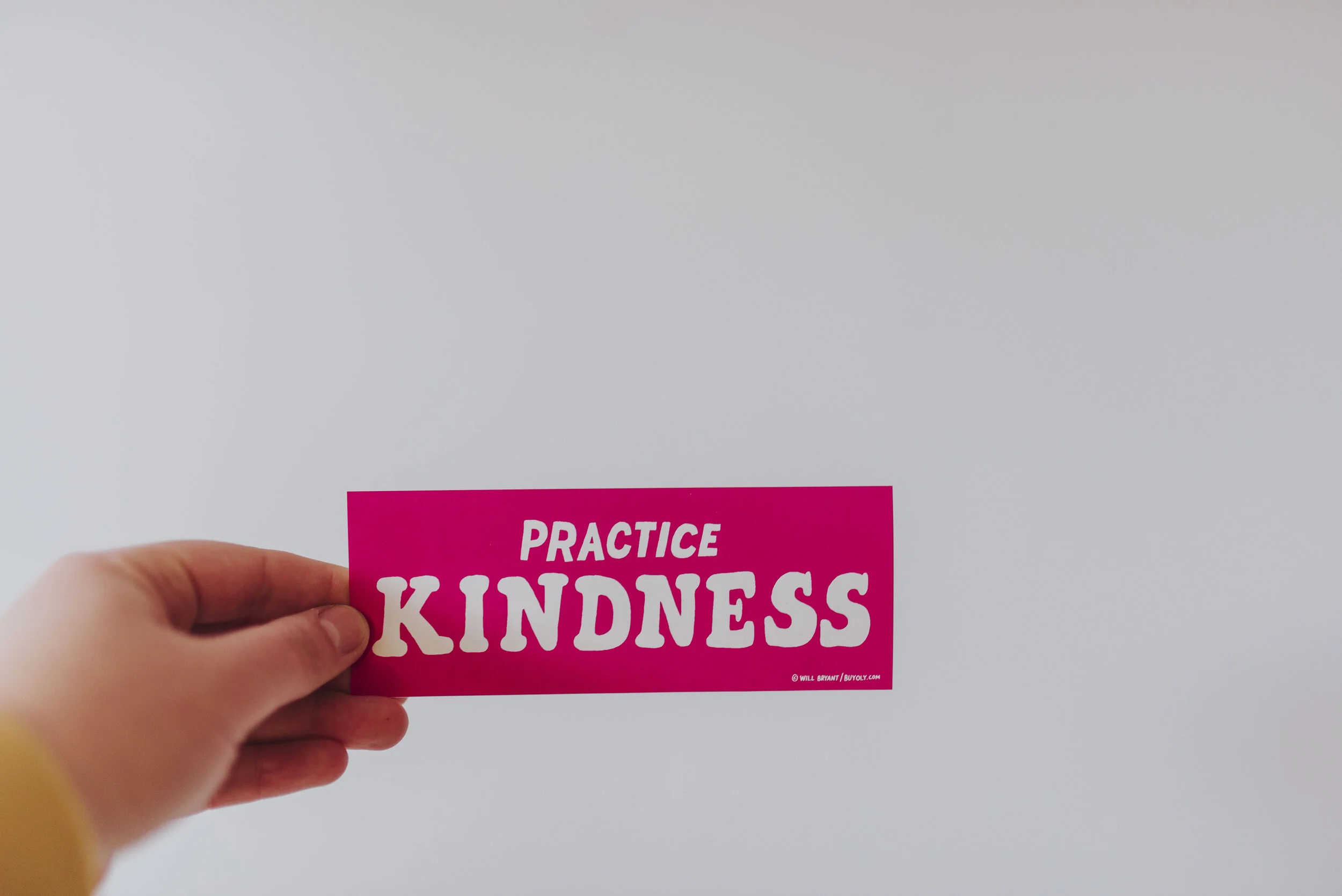Experts Say Treating Anxiety Can Help the Economy
One moment he is ready to take on a new client, smiling effortlessly and joking with his colleagues. The next he is in bed, in the fetal position, just trying to be calmer while his heart is racing, and he is experiencing muscle tension and shortness of breath. Can Anxiety treatment help?
Can Anxiety Treatment Help?
When a panic attack strikes, the world of people who suffer just stops. A panic attack can alter a person's emotional and physical state.
Many people have been battling with anxiety and panic symptoms for years and years. In my anxiety treatment practice in Florida, I often hear clients telling me they have heard comments like, “Just get over it; you don't need drugs; just focus on being happier; you're too young to have that." But the fact is that people suffer, often in silence, with anxiety and panic episodes.
Millions of people worldwide are suffering from a behavioral health disorder. According to the World Health Organization (WHO), 3.6% of the world’s population suffer from an anxiety disorder. In the United States, 40 million adults 18 years of age or older are affected by anxiety. That amounts to 18.1% of the population yearly. Of those, six million or 2.7% of the United States population suffer from Panic Disorder. Women are two times more likely to seek anxiety treatment, but this could be because men suppress it due to fear of stigma.
In fact, people with anxiety are five times more likely to see a physician and six times more likely to become hospitalized that those who do not have an anxiety disorder. Yet, anxiety disorders are highly treatable. But sadly, only 36.9% of people with an anxiety problem receive treatment.
Although anxiety problems seem to be increasing, investing in treatment could lead to healthier people and better economies worldwide.
According to research, there is a four (4) times return on investment for each dollar invested in treating anxiety disorders. Why? Being able to go to and stay at work and perform more effectively at work are key reasons for the great return on investment. This points to the importance of a global investment in treating behavioral health disorders of all types.
Finding ways to provide access and deliver behavioral health treatment for all children, men, and women needs to be an international priority. Aside from being compassionate, the economic benefits a massive.
LEARN MORE ABOUT ANXIETY TREATMENT IN JACKSONVILLE HERE
According to some studies it could cost $147 billion to scale up services. Yet, the economic return on that investment far outweighs the costs.
One study reports a 5% improvement in worker participation and productivity. That is equivalent to $399 billion. If we further calculate improved health, another $310 billion is estimated to result in more than double the government's return on investment.
Sadly, according to WHO's Mental Health Atlas 2014 survey, only an average of 3% of health budgets are devoted to behavioral health services. It is even worse for poor nations. Many people go untreated even after emergencies such as floods, tornados, hurricanes and other disasters.
Behavioral health disorders continue to be a hidden source of pain, suffering and economic loss around the world. When I worked with active duty soldiers, we often referred to this as the “walking wounded.” People often suffer in silence, and have told me so when they finally come in for services.
If you are one of the walking wounded, consider a FREE complimentary 20-minute strategy session.
LEARN MORE ABOUT ANXIETY TREATMENT IN JACKSONVILLE HERE
OR
LEARN MORE ABOUT HEALTHY CHANGE IN JACKSONVILLE HERE


